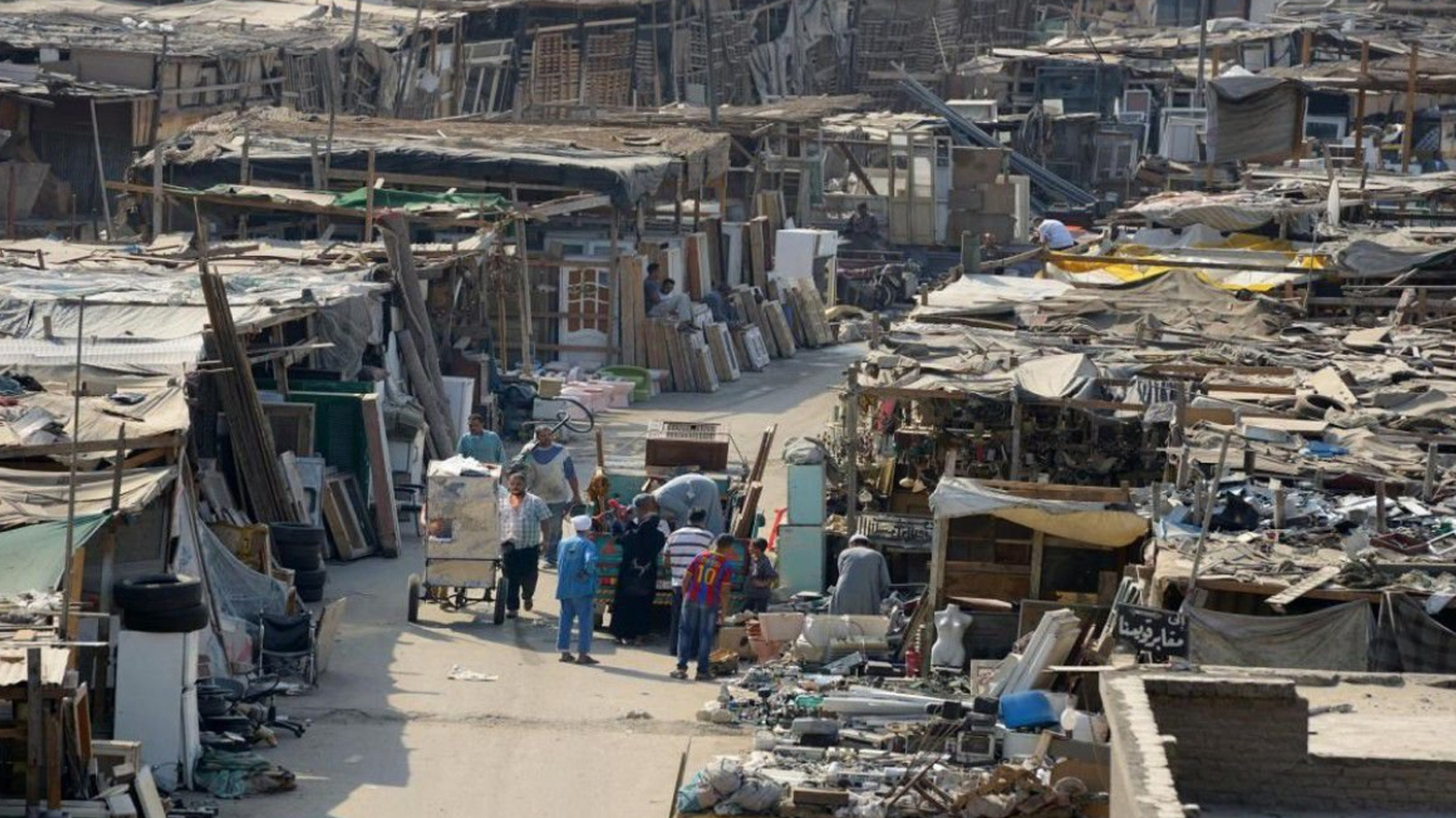Baghdad Families Protest Forced Evictions from Long-Standing Informal Settlement
The decision to clear the area has stirred deep resentment, particularly given the lack of any relocation plan or financial support.

ERBIL (Kurdistan24) — Thousands of families living in an informal settlement on the outskirts of Baghdad — once a military camp for Saddam Hussein’s Popular Army before 2003 — are now facing forced eviction following a government order that has sparked outrage and an open-ended sit-in protest.
Residents say they were blindsided by the decision, which provides no compensation, no alternative housing, and no official grace period. Many now accuse the government of enacting what they call “forced displacement” in violation of Iraq’s constitutional guarantees.
“This is where we have lived for years,” said Ahmad Kamel, one of the residents. “More than 1,500 families are officially registered with housing documents, and another 5,000 families live here unofficially. We live in homes made from metal sheets and scrap materials, and now they threaten to evict us! Is this justice?”
The decision to clear the area has stirred deep resentment, particularly given the lack of any relocation plan or financial support. Qasim al-Muhammadi, another resident, said, “We haven’t received a single dinar in compensation. We weren’t given even an hour’s notice. They call us squatters — but we are the people of this country.”
The settlement is located on several square kilometers of land once used for military purposes but has since become a refuge for thousands of Iraqis, especially low-income families seeking shelter in a city plagued by a chronic housing shortage.
Moayad Kazem, a protester, cited Article 30 of the Iraqi Constitution, which guarantees the right to a “dignified life,” including housing. “Where is that promise?” he asked. “There are thousands of families like us here and elsewhere. What solutions have they offered? Have they built alternative housing? Or is demolition the only policy?”
Iraq’s housing crisis — particularly acute in Baghdad — has intensified over the past two decades, leading to the proliferation of informal settlements across the capital and other major cities. According to official reports, over 3 million Iraqis live in unregulated housing, much of it built on public land, including former military zones.
While successive governments have announced plans to address these so-called “encroachments,” progress has been limited. High real estate prices, widespread poverty, and years of administrative neglect have forced many to seek shelter in makeshift communities. Attempts to evict these residents without sustainable alternatives have repeatedly sparked public backlash, raising concerns about social justice, governance, and the human cost of urban development.
This latest eviction crisis underscores the broader challenge facing Iraqi authorities: balancing state authority with the rights and dignity of vulnerable citizens — a task that remains unresolved amid shifting political landscapes and deep-rooted socio-economic inequalities.
Kurdistan24's correspondent in Baghdad, Said Ali contributed to this article.
